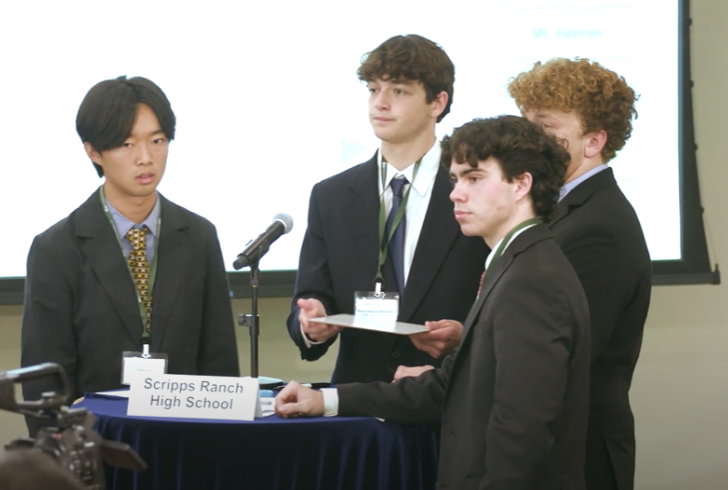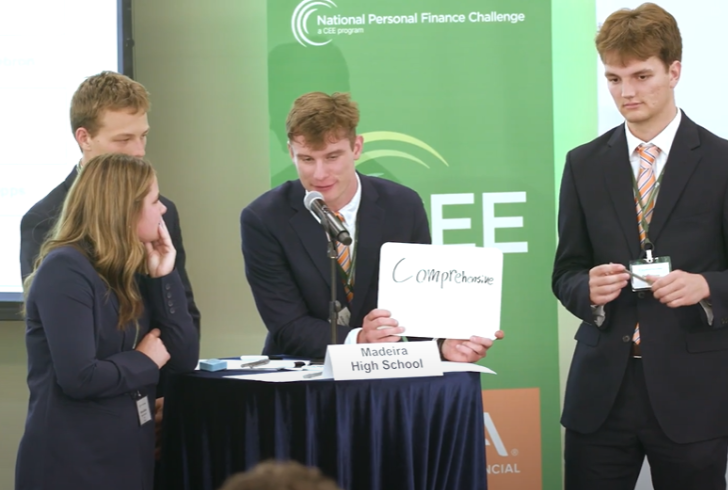High school students usually get attention for sports, test scores, or creative projects. But in Atlanta, a different kind of talent took center stage—one that many adults struggle with daily: personal finance. At the National Personal Finance Challenge, over 120 students showed how sharp their financial knowledge really is, outshining thousands of others from across the country.
Hosted by the Council for Economic Education, this annual event brings together the top four-person teams from an initial pool of around 18,000 state-level participants. The competition isn't just about memorizing facts. It’s a high-pressure, real-world test of financial know-how—from taxes to investment decisions.
This year, San Diego’s Scripps Ranch High School claimed the top prize.
What the Competition Looks Like

YouTube | Council for Economic Education | Scripps Ranch High School won the National Personal Finance Challenge.
The final stretch of the event is no walk in the park. Four remaining teams face 20 rapid-fire questions that range from budgeting essentials to retirement planning. The goal? Think clearly, quickly, and accurately.
Some of the topics include:
1. Mortgage discount points – Knowing how upfront fees can lower long-term interest
2. 401(k) matching – Understanding how employer contributions can boost savings
3. Credit score factors – Recognizing what affects long-term financial opportunities
And that’s just the beginning. The questions aren’t about tricking students—they’re meant to reflect choices people deal with daily.
How Students Prepare Like Pros
Most of these teens don’t just wing it. Preparation often includes school-led finance programs, club competitions, and deep dives into topics like insurance, saving, loans, and taxes. Many schools have added finance education into their core curriculum, and it shows.
One student, Rowan Ward, a returning competitor from Maryland’s Severn School, offered this advice: “Go with your gut and think logically. What makes sense to you?” It’s solid thinking, especially in finance, where decisions often involve risk, patience, and long-term perspective.
Why This Matters Outside the Classroom

YouTube | Council for Economic Education |Unlike many adults, these students are confidently learning money management.
These students are learning something that many adults weren’t taught in school: how to manage money with confidence. The growing push to introduce finance education early is working—and it’s changing lives.
Here’s why it matters:
- Financial literacy can reduce debt in early adulthood
- Students build confidence around saving and investing
- Teens learn the long-term value of smart money habits
Whether it’s understanding how credit card interest works or knowing when to start saving for retirement, these are lessons that stick. And watching high schoolers excel in this space shows just how capable the next generation can be when given the right tools.
Learning From the Best
The National Personal Finance Challenge isn’t just a competition—it’s proof that practical knowledge can be taught, practiced, and mastered at a young age. And the students leading the charge aren’t just winning awards; they’re setting the bar for what financial education should look like.
If students can grasp how compound interest builds wealth or how to weigh the pros and cons of a loan offer, there’s no reason others can’t learn too. These teens are a reminder that finance isn’t just for experts or Wall Street. It’s for everyone—and it starts with learning the basics.
